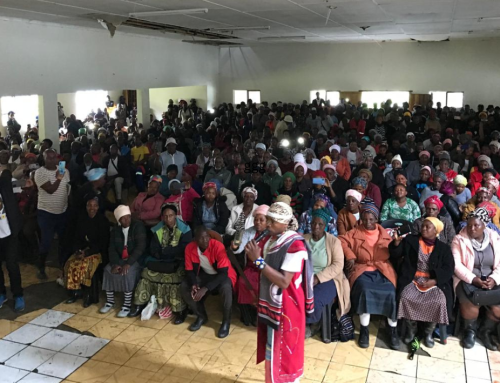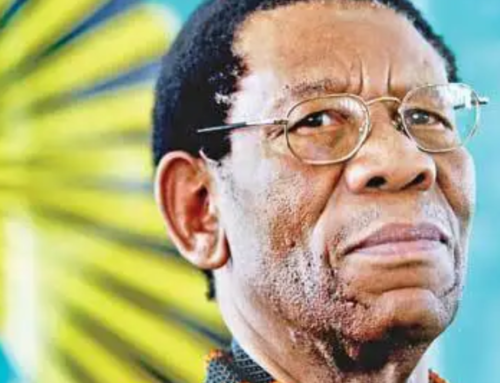 Good morning and thank you for taking the time to join me on a Saturday morning to talk about entrepreneurship in South Africa.
Good morning and thank you for taking the time to join me on a Saturday morning to talk about entrepreneurship in South Africa.
1. Entrepreneurship in South Africa: a failure thus far
1.1. The ballgame for entrepreneurs was quite different in 1994, as the South African business landscape started to change. A few, some would call, lucky black souls who got their foot in the door, were brought on board in companies as BEE partners, they were nurtured and received 25% control in companies for their efforts.
Others became directors, earning fees and were not interested in running businesses and no-one checked if any black South Africans were actually being empowered, and not only being enriched, and even then, it was doubtful whether this wealth was really shared amongst the many.
1.2. Government banks and investment bodies like the PIC, DBSA, IDC and so on, have become piggy banks for the elite and creates more instant multi-millionaires and billionaires, who don’t pay their loans back, than wealth-creators who generate job opportunities for others.
1.3. Tenderpreneurship unfortunately became a negative buzzword somewhere along the line. Of course, business should be done with government, but it became a dirty game of one-upmanship, greed and shoddy or failed deliverables.
1.4. In some instances, black South Africans are used by foreign nationals to score tenders and once you trace where these monies go, they leave our shores for good, which is also unacceptable.
Another aspect of foreign competition on South African soil is that foreign entrepreneurs are often subsidised by their governments, for instance in the retail sector to obtain cheap stock, thus making it tough for our local entrepreneurs to compete.
1.5. Another aspect to consider is our economic policy. We had RDP, GEAR, AsgiSA, NGP, NDP and so on. This chopping and changing erodes investor confidence and drives out entrepreneurship. To compound matters, the tri-partite alliance’s differing stances on the economy further confuses policies.
1.6. Without belabouring it too much, the Coronavirus and lockdown, could not have hit us at a worse time and has set us back.
2. The UDM’s thoughts on entrepreneurship
2.1. There must be a paradigm shift in the way that we think of job creation and focus on the empowerment of our youth to be wealth creators, future employers, manufacturers and business owners.
2.2. In order to achieve this, the UDM thinks the following things must be in place:
• A distinct national fund must be established to assist frustrated entrepreneurs to get the basic tools to start their businesses. When I say “tools”, I literally mean “tools”, like equipment and gear. The investment must be directly into the operation of those businesses.
• Investment in sector-based planning and implementation, including the creation of sector-specific banks to provide financial assistance to historically disadvantaged groups and individuals.
Such sector banks could assist the youth to start their own business in, for instance, the textile, IT, tourism, hospitality and agricultural industries.
People might disagree with the UDM, but we think billions of Rands are wasted on the SETAs, whilst they could be transformed into such sector banks.
• Markets for small firms must be identified through promoting domestic and foreign connections to adequately address both supply and demand.
• A massive training programme should help entrepreneurs to build and manage their companies.
• Loan opportunities and sources of capital should be identified, as well as facilitating loans and investments in community businesses.
• More resources should be devoted to promote: “buying South African” as a tool to stimulate local wealth generation and job creation.
3. Closing
3.1. There is enough money available, but there must be enough political will to make the necessary changes.
3.2. We cannot wait for a minority of whites and a black elite to mass create work opportunities; it hasn’t happened in 26 years.
I thank you.





























